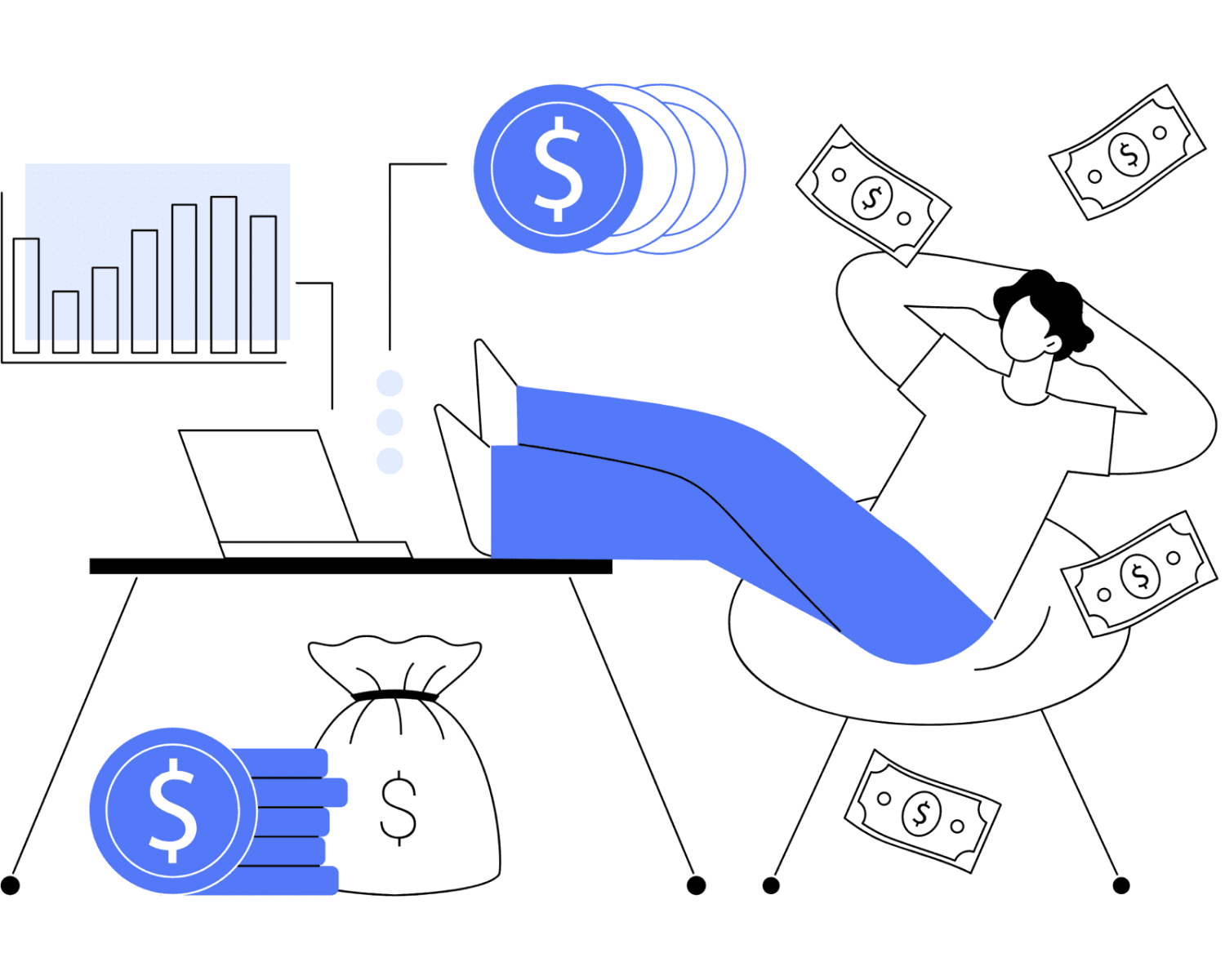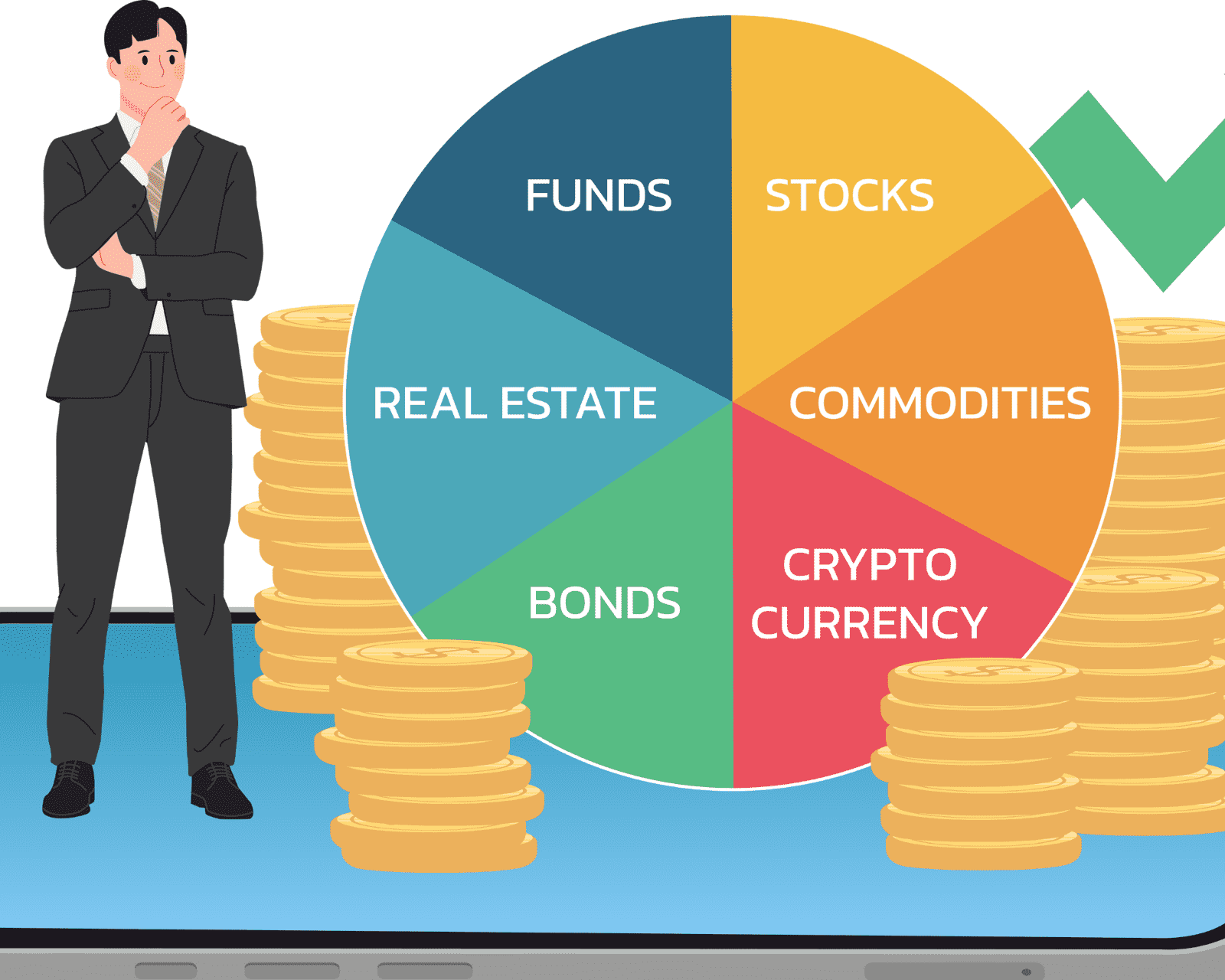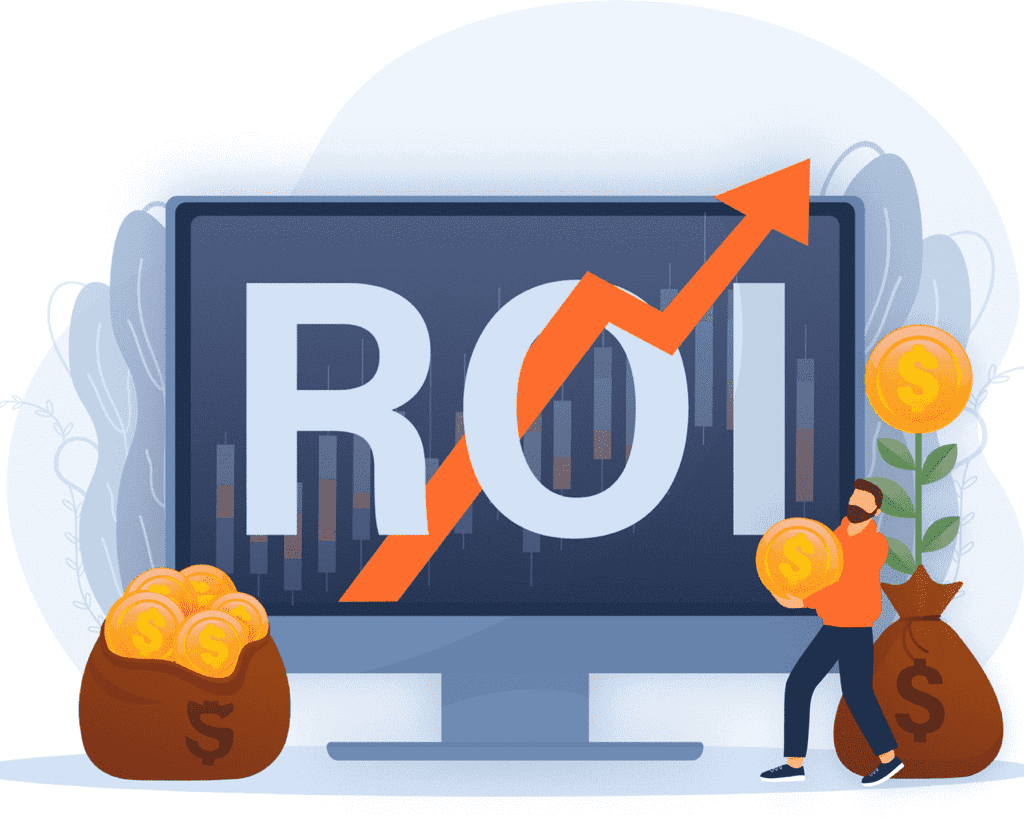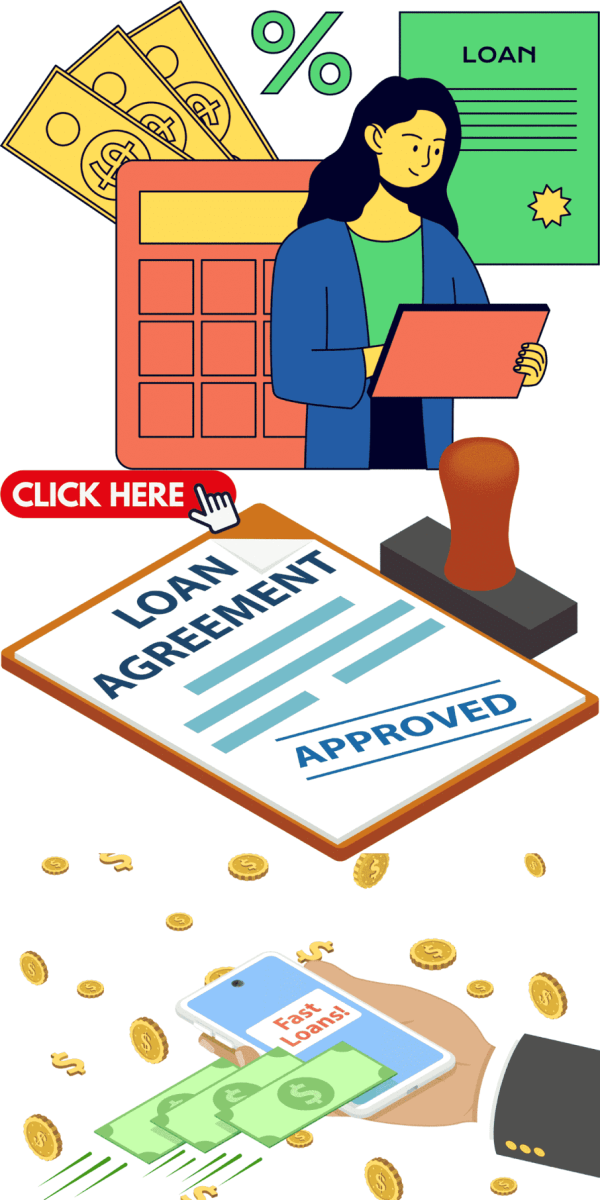Pay Off Debt or Invest During a Recession
During times of economic uncertainty, such as a recession, individuals are faced with difficult financial decisions. One common dilemma is whether to pay off debt or invest. Both options have their merits and considerations, and making an informed choice requires careful analysis. In this article, we will explore the pros and cons of paying off debt and investing during a recession, providing insights to help you navigate through challenging times.

I- Pros of Paying Off Debt
1. Reducing Financial Stress
Paying off debt can bring a sense of relief and peace of mind, especially during a recession. It eliminates the burden of monthly payments and reduces the stress associated with being in debt.
2. Ensuring Financial Stability
With a recession comes economic uncertainty, and job security becomes a concern. Paying off debt can provide a safety net by reducing financial obligations and increasing your overall financial stability.
3. Saving on Interest Payments
During a recession, interest rates may fluctuate, making it wise to pay off high-interest debt. By doing so, you can save money that would otherwise be spent on interest payments, allowing for more financial flexibility.
4. Increasing Creditworthiness
Paying off debt in a recession can positively impact your creditworthiness. A strong credit score can be crucial during times of economic uncertainty and may help secure favorable loan terms or financial opportunities in the future.
II- Cons of Paying Off Debt
1. Limited Access to Emergency Funds
Paying off debt during a recession may restrict your access to emergency funds. It is important to strike a balance between debt repayment and maintaining a sufficient emergency fund to cover unexpected expenses that may arise during challenging times.
2. Missing Investment Opportunities
A recession can present unique investment opportunities. By prioritizing debt repayment, you may miss out on potential investments that could yield significant returns when the economy recovers.
3. Limited Diversification
If all your resources are dedicated to debt repayment during a recession, your investment portfolio may lack diversification. Diversifying investments can help manage risk effectively and provide a buffer against market volatility.
III- Pros of Investing during a Recession
1. Capitalizing on Lower Asset Prices
During a recession, asset prices, including stocks and real estate, may decline. This presents an opportunity for investors to acquire assets at reduced prices, potentially generating significant returns once the economy recovers.
2. Long-Term Wealth Accumulation
Investing during a recession with a long-term perspective can lead to wealth accumulation. History has shown that markets tend to recover and grow over time, and those who invest wisely during downturns can reap the benefits when the economy rebounds.
3. Diversification of Investment Portfolio
By investing during a recession, you can diversify your investment portfolio and spread risk across different asset classes. This diversification helps protect against potential downturns in specific industries or markets, providing overall stability.
IV- Cons of Investing during a Recession
1. Increased Volatility and Potential Losses
Investing during a recession comes with inherent risks. Market volatility can be heightened, and there is a potential for losses. It is important to carefully consider your risk tolerance and make informed investment decisions.
2. Uncertainty in Market Timing
Timing the market during a recession can be challenging. It is difficult to predict the bottom or the point at which the economy will rebound. Making investment decisions based on short-term market fluctuations can lead to suboptimal outcomes.
3. Limited Access to Capital
During a recession, accessing capital for investments may be more difficult. Lenders may tighten their lending criteria, making it challenging to secure financing. This limitation should be considered when evaluating investment opportunities.
V- Factors to Consider
When deciding whether to pay off debt or invest during a recession, consider the following factors:
- Emergency Fund
Assess the size and adequacy of your emergency fund. Maintaining a sufficient fund is crucial during a recession to cover unexpected expenses and prevent further debt accumulation.
- Interest Rates
Evaluate the interest rates on your debt and consider whether paying off high-interest debt during a recession makes financial sense. Low-interest debt may allow for more flexibility to invest.
- Investment Opportunities
Thoroughly research investment opportunities during a recession. Consider asset classes that historically perform well during economic downturns, such as defensive stocks or real estate in stable markets.
- Risk Tolerance
Evaluate your risk tolerance and comfort level with market volatility. Investing during a recession comes with inherent risks, and it is crucial to align your investment decisions with your risk appetite.
The decision of whether to pay off debt or invest during a recession is a complex one that depends on various factors. Paying off debt can provide financial stability and reduce stress, while investing during a recession can present opportunities for long-term wealth accumulation. It is important to carefully assess your individual circumstances, consider your financial goals, and evaluate the potential risks and rewards. Seeking professional financial advice can also help guide you towards making an informed decision that aligns with your unique situation.
Pay Off Debt or Invest During a Recession
Unlocking Banking Hacks for Saving Money: Your Path to Wealth
Unlocking Banking Hacks for Saving Money: Your Path to Wealth
Discover effective banking hacks for saving money and grow your wealth in today's unpredictable economic conditions.

Best Place to Invest Money Right Now
Best Place to Invest Money Right Now
Investing money in the right place can yield great results and help individuals achieve their financial goals. However, with numerous investment options available, determining the best place to invest money right now can be a daunting task.

What is the Safest Investment with the Highest Return?
What is the Safest Investment with the Highest Return?
Investing money is a common practice for individuals looking to grow their wealth. However, with the ever-present uncertainty in financial markets, finding a safe investment with a high return can be challenging.



